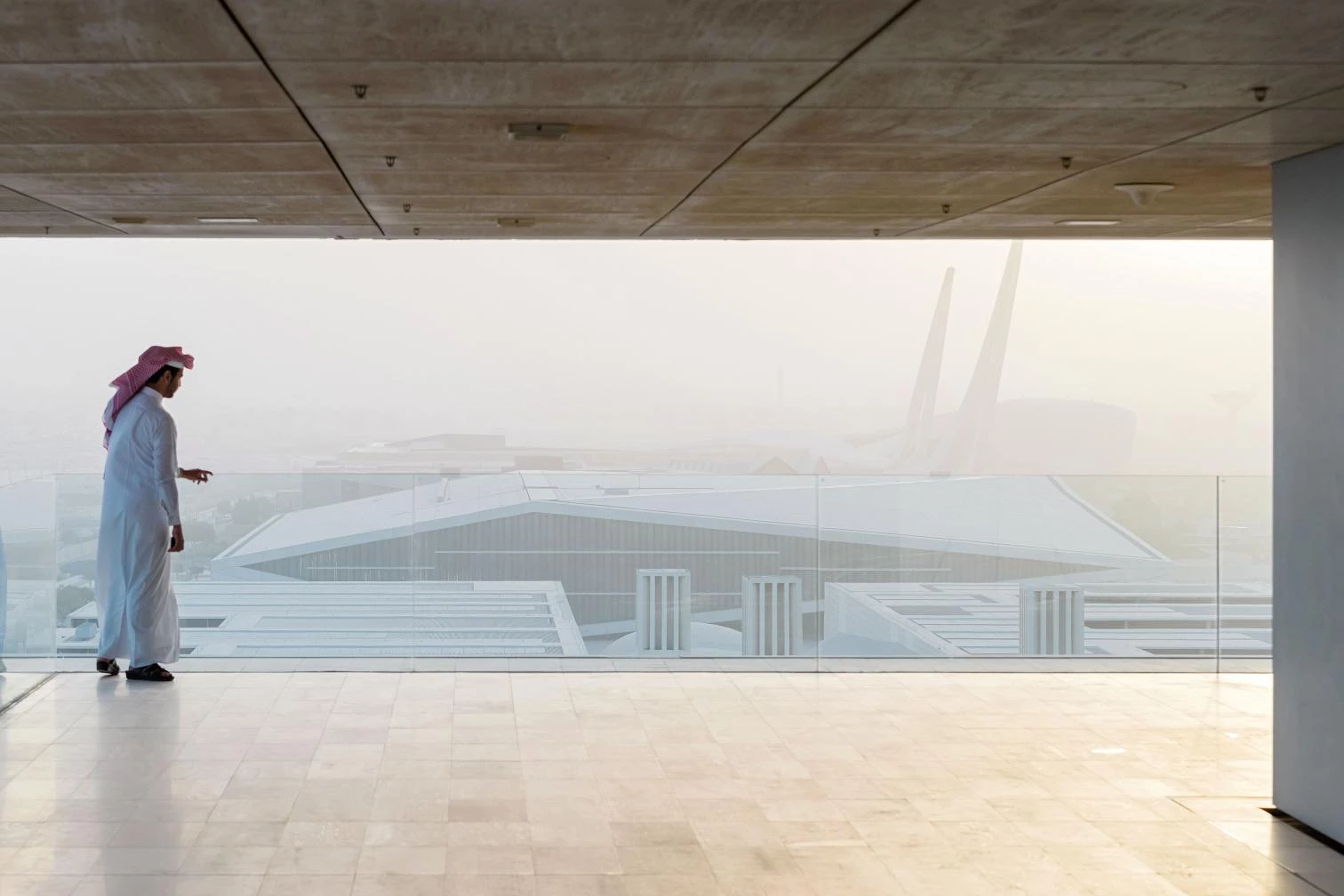
In a matter of slightly over fifty years, countries recently liberated from colonial rule, still immersed in their ancestral Bedouin customs and with little influence in world politics, have become economic giants and centers of regional power that it is best to get on well with. These are the so-called ‘Gulf countries,’ enriched through the strength of the petrodollar but increasingly present on the global stage as a result of far-reaching strategies that are halfway between ‘Realpolitik’ – the case of Saudi Arabia and its explicit military presence in the area – and the economic and ideological clout – commonly referred to as ‘soft politics’ – enjoyed no less explicitly by countries like the United Arab Emirates and Qatar.
One of the fundamental instruments of soft politics has to do with creating a recognizable global image that – because of the difficulty of establishing a genuinely balanced relationship with the West, given the absence of democracy in these countries and the fact that they are under Sharia law – tends to build on the friendlhy, harmless, liquid world of ‘culture.’ Besides an improved image in the world scene, such investment in culture – or in conveying the image of culture – brings advantages of a social nature, to the extent that it provides countries deprived of a ‘past’ – lacking art works and monuments – with a ‘history’ that ultimately helps to reinforce national sentiments.
Following are two recent important results of this kind of cultural policy. First is the Louvre Abu Dhabi by Jean Nouvel, presenting pieces brought from the Parisian museum, the first major building to be completed in the ambitious Saadiyat Island Cultural District, the great Emirati effort to endow itself with ‘history.’ Second is the Qatar National Library in Doha by Rem Koolhaas, sponsored by the internationally ubiquitous Qatar Foundation and at once an answer to the challenges that digitalization poses for traditional libraries and a manifesto in favor of the civic spirit that comes with knowledge.





